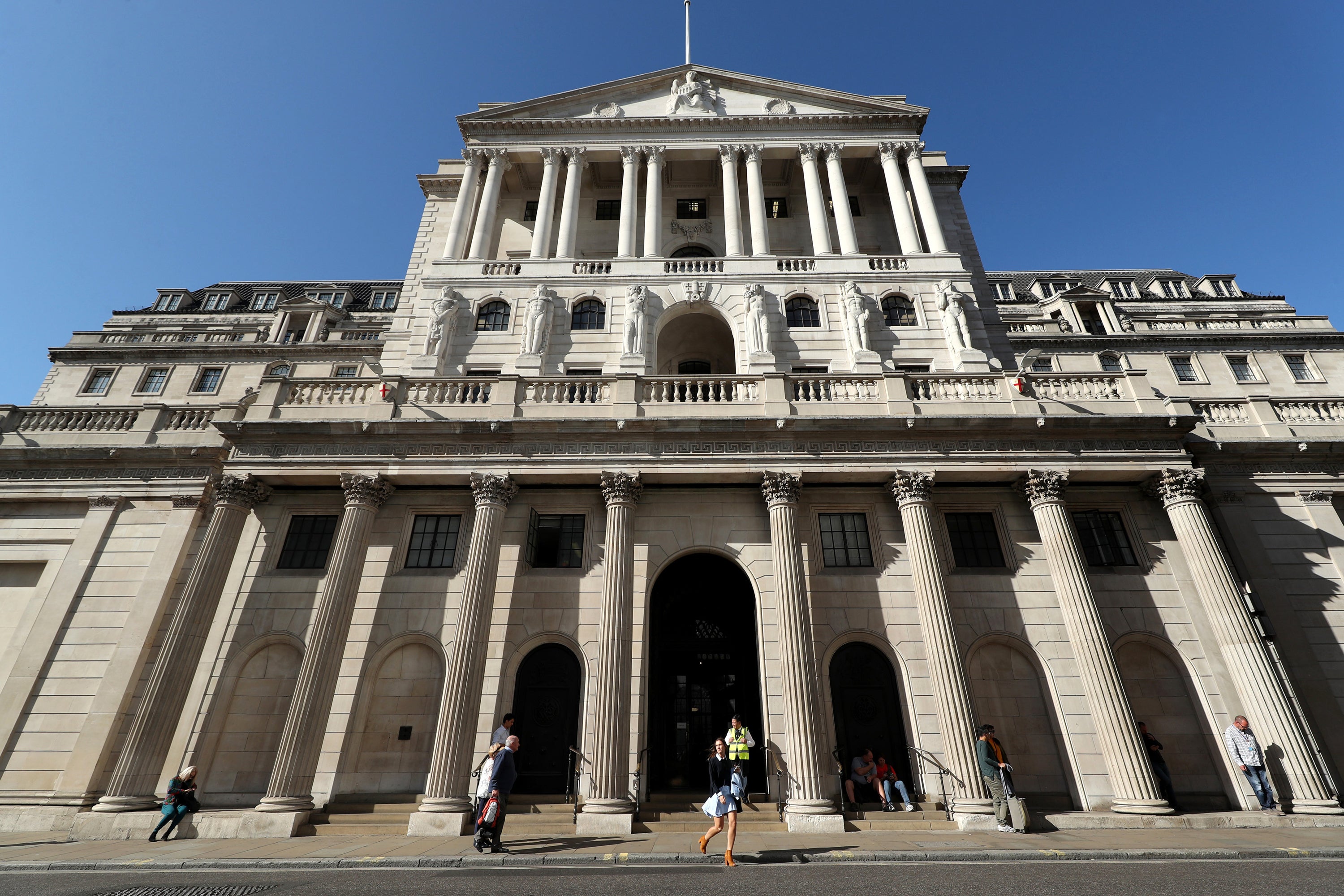Bank of England decision-maker repeats call for higher interest rates
Catherine Mann said the US Federal Reserve’s policies might push up inflation in the UK.

Your support helps us to tell the story
From reproductive rights to climate change to Big Tech, The Independent is on the ground when the story is developing. Whether it's investigating the financials of Elon Musk's pro-Trump PAC or producing our latest documentary, 'The A Word', which shines a light on the American women fighting for reproductive rights, we know how important it is to parse out the facts from the messaging.
At such a critical moment in US history, we need reporters on the ground. Your donation allows us to keep sending journalists to speak to both sides of the story.
The Independent is trusted by Americans across the entire political spectrum. And unlike many other quality news outlets, we choose not to lock Americans out of our reporting and analysis with paywalls. We believe quality journalism should be available to everyone, paid for by those who can afford it.
Your support makes all the difference.A key Bank of England decision-maker has warned that drops in the value of the pound could push up inflation further and called for higher interest rates in response.
Catherine Mann, who sits on the nine-person Monetary Policy Committee (MPC), said she was one of three members who wanted the Bank’s base rate to increase to 1.5% from 1% last week.
But the committee instead voted for a smaller increase to 1.25% – the fifth increase in a row as it tries to bring inflation under control.
“I voted for a 50 basis point increase at the last MPC meeting,” she told a Market News International Connect event.
A more robust policy move, based on both domestic conjuncture and commensurate with the global factor, reduces the risk that domestic inflation already embedded is further boosted by inflation imported via a Sterling depreciation
“In my view, a more robust policy move, based on both domestic conjuncture and commensurate with the global factor, reduces the risk that domestic inflation already embedded is further boosted by inflation imported via a Sterling depreciation.”
She warned that recent decisions by the European and US central banks to hike their base rates were likely to push down the value of the pound.
The Federal Reserve’s plans could add around half a percentage point to already high inflation levels in the UK as a result, she said.
The Bank is tasked with trying to keep inflation as close to 2% as possible, but this has proven impossible in recent months.
Inflation hit a 40-year record in April, reaching 9%. And a Bank of England forecast released last week predicts it could push above 11% in October as energy bills – already at a record high – are hiked once again.
“While the MPC aims to stabilise inflation at the 2% target in the medium term, given the likely double digit inflation, being mindful of the near-term implications of the global factor for inflation is particularly relevant,” Dr Mann said.
She added that she would support dropping the higher rates in the medium term when demand for goods and services in the UK is no longer being propped up by different supports.